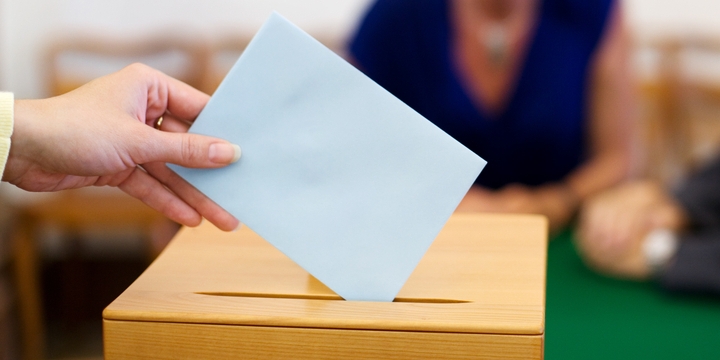Citizenship takes different forms at different times and in different situations.
Voting is one—but only one—form of expressing our values and allegiances.
The ancient Greeks (who gave us Democracy) defined citizenship by the degree of community engagement. In other words, to the ancient Greeks, citizenship is what you do—not where you were born or your score on a test.
I make a point of voting in every election, but I know that citizenship is far, far more than that. I volunteer and support a variety of agencies and public services. I am part of my neighborhood watch group and am a member of my local neighborhood council.
My city, like most in the USA, is a very ethnically, racially, and religiously mixed community. Our community is enriched by the contributions of each of these communities. And the safer any one of these groups feels, the safer we all are.
I, like many of us, work with, learn from, and eat with people very different from those I grew up with.
America, in many ways, is a very different place from a generation ago.
I am convinced that we can be a far stronger community as we absorb and reflect (and respect) voices from other cultures and perspectives.
At the same time, we are having a national debate over who “belongs” here, who should be allowed to exercise the full rights of citizenship? We are asking the question, who are the “real” Americans?
Every citizen has the right, if not obligation, to vote.
For many recent immigrants, their first vote is their first tangible moment of pride of citizenship. How dare we take it from them?
The term “undocumented” has become common. It’s a strange term. I don’t know about anyone else, but this term makes me think of police states or bad spy movies: certainly not America as “the land of the free and the home of the brave.”
Several states have changed their voting laws, just a few months before a presidential election, based on this concept of “documentation.” It turns out that in any given state, nearly 20% of citizens (mostly elderly, disabled, minority, or poor) do not have access to (or need for) official photo ID. Many of the very few World War II veterans still with us will, for the first time (and quite possibly the last time) in their lives, be kept from voting because of these new laws.
I know that if I didn’t drive, I would not have (or have need for) photo ID. Would that make me less of a citizen?
The idea is preposterous—and certainly counter to what America has always stood for.
As Charlie Crist, former governor of Florida recently put it, “When one takes away another’s right to vote, he is taking dead aim at democracy and undermining the very virtue that makes us the envy of the world. Including as many Americans as possible in our electoral process is the spirit of our country. It is why we have expanded rights to women and minorities but never legislated them away, and why we have lowered the voting age but never raised it. Cynical efforts at voter suppression are driven by an un-American desire to exclude as many people and silence as many voices as possible.”
This, contrary to modern would-be Tea Partiers, was the inspiration of the original Boston Tea Party: “Taxation without representation” was their call. Taxation was, as now, the obligation of any citizen, but it was representation they really wanted.
One of the many ironies is that voter ID laws have been established in states, not with the highest rates, or even rumors of voter fraud, but in states with a history, and apparently an acquired appetite for, racial discrimination.
For some of us, this frantic, race-based, conspiratorial fear of “an enemy within” is oddly familiar. As it should be.
It turns out that the same family that is funding this current paranoid hysteria also gave us the John Birch Society a generation ago. These were the people who warned us against fluoride, the “jungle-beat” of rock and roll, and fulminated against “race-mixing.”
This family spent millions creating (and spreading) panic, divisiveness and suspicion—and they are doing it again.
The Bill and Melinda Gates Foundation, on the other hand, invests in long-term global change through schools, public sanitation, and health clinics. These are acts of true and enduring citizenship.
Citizenship, by definition, is shared, and long term. Those of us who are true citizens step out into the public sphere with the intent of making our communities and the world a better place.
This will have a cost (I get hateful and threatening emails on a regular basis). But I am convinced that our community can be stronger, healthier and more vibrant. But only if we turn against the sniveling fearfulness that tears us apart.
Citizenship is far more than an accident of birth or the passing of a test. The ancient Greeks knew that. It’s time for us to remember and act the highest and best, not the pettiest.
Where is the prophet of our times who will cry out “Let my people vote!”?

